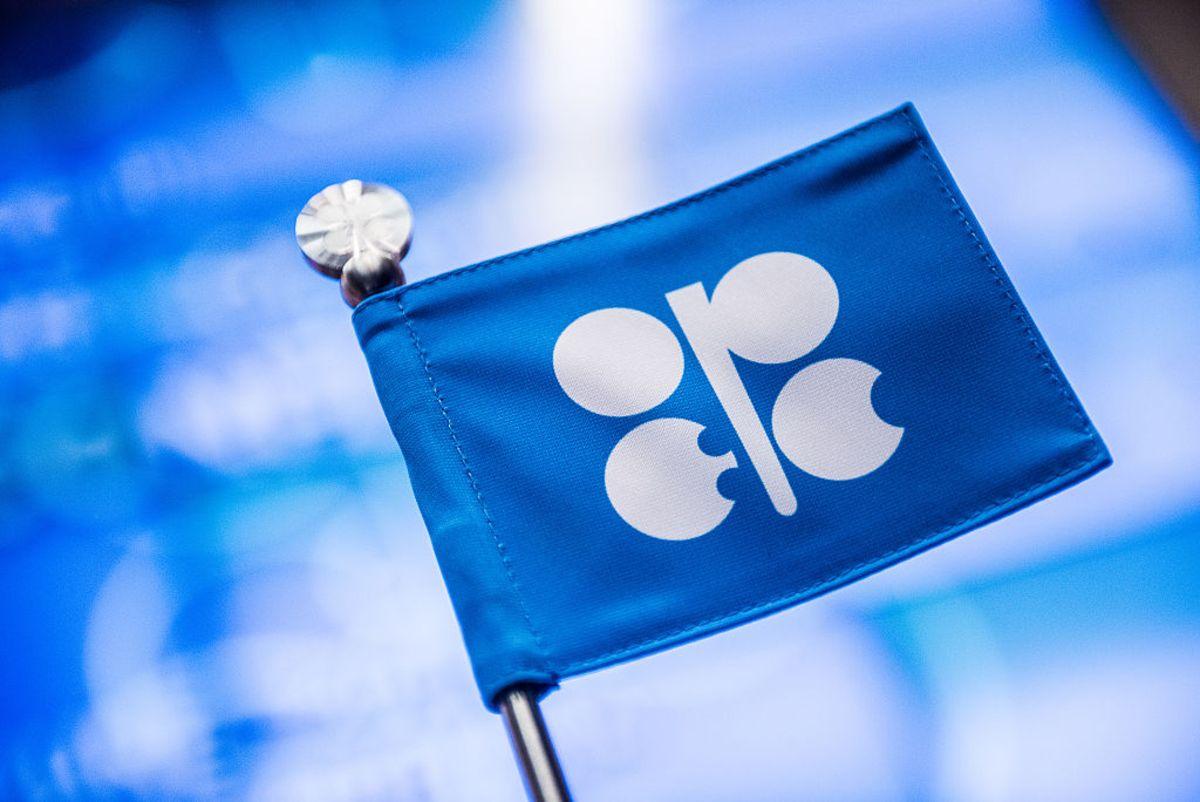Crude prices up on background of OPEC+ meeting

By Sara Israfilbayova
Oil prices rose on June 22 as OPEC tried to agree a deal to increase output to compensate for losses in production at a time of rising global demand.
West Texas Intermediate (WTI) crude rose by 0.80 cents, to $66.34 a barrel, Brent crude, the global oil benchmark, added $1.00, to $74.05 a barrel, according to Reuters.
The OPEC + Monitoring Committee recommended that the organization and non-member countries increase oil production by 1 million barrels per day, the head of the Russian Energy Ministry, Alexander Novak said in Vienna.
The recommendation of the OPEC + committee contains special positions for some countries, according to the minister.
Earlier, Saudi Arabia came out in favor of an increase in oil production. The volume of production was supposed to be divided proportionally between the countries OPEC +, ready to raise productivity.
On news from Vienna, world oil prices rise on Friday morning. Already by 08.14 Moscow time, the price of futures for August for Brent crude rose by 1.15 percent, to $73.89 per barrel, even more added WTI oil - 1.25 percent for futures with the same delivery time to $66.36 per barrel.
The June talks of OPEC+ in Vienna are the longest and complex in the history of the deal. The ministers discussed the issue of adjustment of quotas within two days on June 20-21 at the OPEC seminar, which is organized every three years as a platform for discussions with market participants.
On June 22-23 they will discuss this recommendation and make a final decision.
The main obstacle to consensus is the position of Iran, which opposes any adjustment of quotas and growth of production within the alliance.
Iran explains its position by the fact that the market does not need extra barrels, as the market has not rebalanced, and the growth in OPEC production is profitable for the U.S.
OPEC and non-OPEC producers reached an agreement in December 2016 to curtail oil output jointly and ease a global glut after more than two years of low prices. OPEC agreed to slash the output by 1.2 million barrels per day from January 1.
Non-OPEC oil producers such as Azerbaijan, Bahrain, Brunei, Equatorial Guinea, Kazakhstan, Malaysia, Mexico, Oman, Russia, Sudan, and South Sudan agreed to reduce output by 558,000 barrels per day starting from January 1, 2017.
OPEC and its partners decided to extend its production cuts till the end of 2018 in Vienna on November 30, as the oil cartel and its allies step up their attempt to end a three-year supply glut that has savaged crude prices and the global energy industry.
---
Sara Israfilbayova is AzerNews’ staff journalist, follow her on Twitter: @Sara_999Is
Follow us on Twitter @AzerNewsAz
